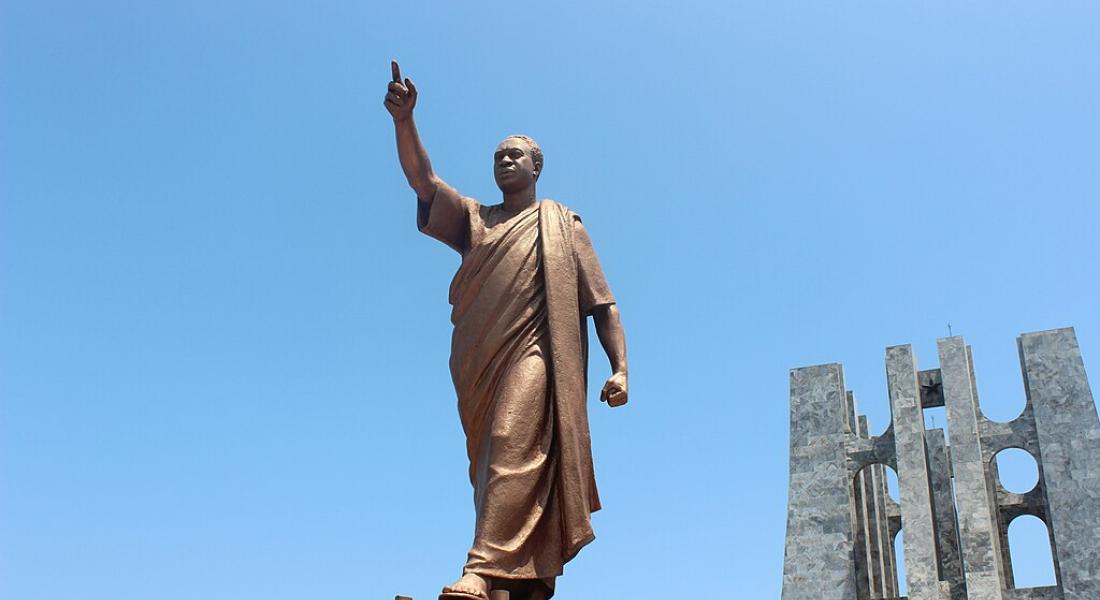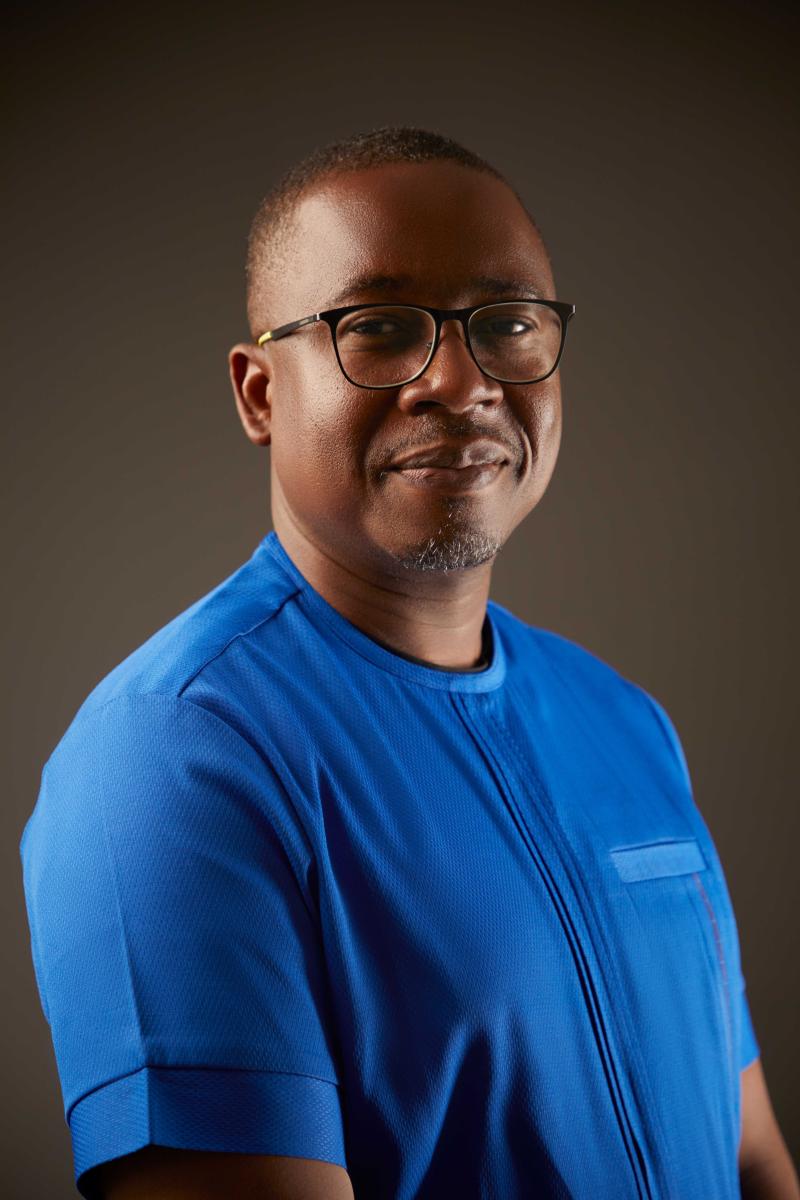
There’s an origin question at the heart of global concern over democratic backsliding, and Kellogg Institute Faculty Fellow Bernard Forjwuor is asking it: What does democracy mean?
His Kellogg-supported project, “Reimagining Democracy: Decolonizing the Colonial Spatial Fix,” traces the development and expansion of democratic ideas at the end of the colonial era in Africa. Forjwuor, assistant professor of Africana Studies and Political Science, says he then connects the colonial root to the fragility of democracy and its recession and decline in African nations.
“One shared understanding of democracy is that it describes the self-determination of a people who decide for themselves how they want their society organized and governed,” says Forjwuor. In postcolonial contexts and countries, though, that means that their democratic norms and practices can be imposed from outside those sovereign jurisdictions. In these countries, democratic ideas and practices become a violation of democracy itself.
“Bernard’s work acknowledges the value of foundational principles of democracy and human rights in shaping the history of African independence,” says Kellogg Institute Executive Director Mauricio Benítez. “He’s now applying the legacy of post-colonialism in meeting the challenges of this hour as Africans seek to protect their democracies.”
 Forjwuor’s current research is focused on the West African nation of Ghana, the first sub-Saharan nation to achieve its independence from colonial rule in 1957. Led by Kwame Nkrumah, Ghana – long considered the shining star of African democracy – was actually building on the systems under which Ghanaians had long governed themselves already, Forjwuor said.
Forjwuor’s current research is focused on the West African nation of Ghana, the first sub-Saharan nation to achieve its independence from colonial rule in 1957. Led by Kwame Nkrumah, Ghana – long considered the shining star of African democracy – was actually building on the systems under which Ghanaians had long governed themselves already, Forjwuor said.
“Ghana, like many African countries, is not predisposed to some immutable authoritarian temperaments,” he adds. He further elaborated that “as Lord Hemingford argued in the British House of Lords in 1957, ‘Ghana bring[s] to the practice of democracy two great assets from their own ancient traditions. One is a great love of discussion, [and] second is a great hatred of tyranny.’” It’s this love for core democratic principles that could support the rebuilding of a robust democratic society.
Yet at the time of separation from British rule, democracy was viewed as an export of the colonial power. Forjwuor is a careful scholar of extensive archival records that he says reflect the paternalistic intent of Western democracy to “civilize” Ghana. It’s the view that colonial powers often took to the newly independent states of the wider continent as well.
“You can see how they were thinking about democracy for these new nations,” said Forjwuor, who is planning a return to London to advance his research. The records show how the British leaders of the colonial era sought to organize democracies as a mechanism of control, what Forjwuor cites Lord Hemingford as calling the “detribilization” of Ghana.
When African governments fail today, as in Niger and other Sahel nations, the assessments typically center on a culture of corruption, with weak institutions and incompetent leadership. A military coup or authoritarian constitutional reform is seen through the same colonial-era lens.
“The normative or dominant approach has always been the internalization of the cause and then we externalize the solution,” Forjwuor says. He seeks to reverse the paradigm, so that the solution to democratic decline is internalized and built on a robust system of accountability.
To that end, he thinks Ghana may prove a model of resilience. There’s been anxiety over stalling democratic developments in places like Burkina Faso, Mali, and Niger, but the December 2024 election of President John Dramani Mahama – a return after his previous presidency a decade ago – shows promise in curbing corruption and strengthening democratic institutions.
Ghana’s own culture of governance and their organizing principles have thus far protected democracy in ways that typify how the internal solution can succeed where the legacy of an externally imposed system may fail.
“I'm thinking about meaning-making and this first moment of democracy in Ghana’s history,” Forjwuor explains, “and it’s why I challenge students to understand how the past shapes what is happening now.”





